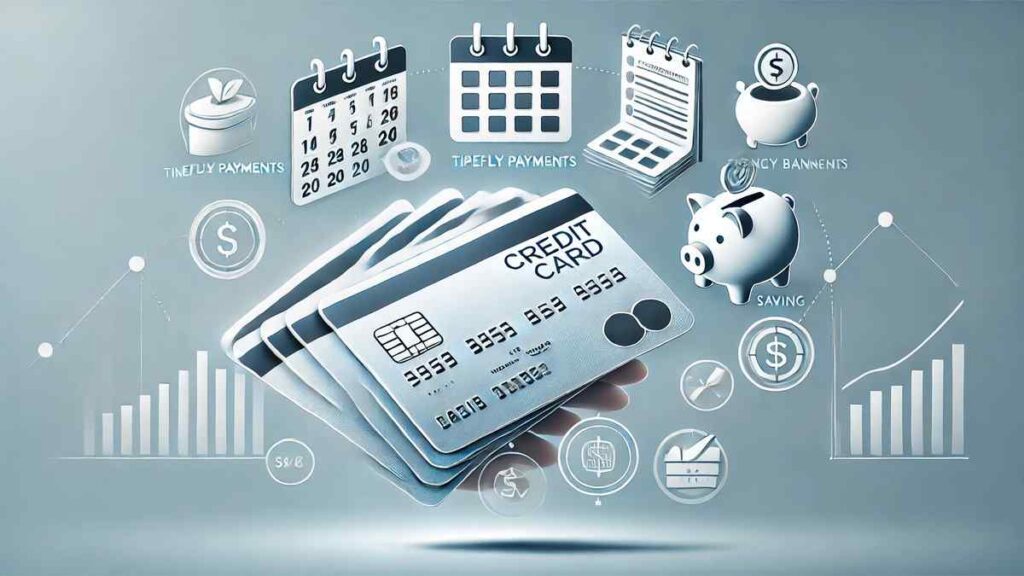Handling multiple credit cards can offer a wealth of benefits, from earning rewards and cashback to improving your credit score. However, if not managed properly, it can lead to overspending, missed payments, and financial stress. Here are 10 essential tips to help you effectively manage multiple credit cards and maximize their benefits.
1. Understand the Benefits of Each Card
Each credit card comes with its own set of rewards, interest rates, and fees. Before using a card, take the time to understand its specific perks. Some cards offer cashback on groceries, others may have travel rewards, or provide discounts on specific categories like dining or entertainment. By understanding these benefits, you can strategically use the right card for the right purchase.
2. Track Your Spending and Budget Monthly
It’s easy to lose track of spending when juggling multiple credit cards. Set a monthly budget and categorize your expenses to ensure you’re not overspending. Apps like Mint, YNAB (You Need A Budget), or your credit card’s mobile app can help you keep track of balances and due dates.
3. Pay Attention to Credit Limits
Managing credit limits is essential to avoid going over your limit, which can result in fees or a decrease in your credit score. Make sure you are aware of the credit limits on all your cards and aim to keep your credit utilization below 30% of your total limit across all cards. This will positively impact your credit score.
4. Pay Your Bills on Time
Late payments can result in hefty late fees and high interest rates. Set up automatic payments or reminders for bill due dates to ensure you never miss a payment. Paying on time also helps maintain a good credit score.
5. Utilize Balance Transfers Wisely
If you’re carrying high-interest balances on multiple cards, a balance transfer to a card with a 0% introductory APR could help you save money on interest. However, be aware of transfer fees and ensure you can pay off the balance before the promotional period ends.
6. Monitor Your Credit Score
Having multiple credit cards can benefit your credit score, but only if managed properly. Regularly check your credit score through services like Credit Karma or Experian to track your progress. A high credit score can lead to better interest rates on loans and other credit cards.
7. Take Advantage of Signup Bonuses
Many credit cards offer large signup bonuses, such as cashback or travel points, when you meet a minimum spending requirement within the first few months. By strategically applying for cards with lucrative signup offers, you can maximize rewards without overspending.
8. Avoid Paying Only the Minimum Balance
Paying only the minimum balance on your credit cards can result in long-term debt and high interest charges. Aim to pay off your balance in full each month to avoid interest charges and stay on top of your financial health.
9. Use Alerts for Credit Card Spending
Set up alerts to monitor your spending and receive notifications when you approach your credit limit or when payment is due. Alerts help you stay aware of your spending patterns and prevent financial mistakes.
10. Know When to Close a Credit Card
If you’re no longer using a credit card, closing it can simplify your finances. However, closing an old account can affect your credit score, especially if it has a long credit history. Consider keeping the card open with a $0 balance, or closing cards with high fees and no benefits.
Conclusion
Managing multiple credit cards effectively requires organization, discipline, and a clear understanding of how each card benefits you. By following these tips—tracking your spending, paying bills on time, and maximizing rewards—you can make the most out of your credit cards without falling into debt or damaging your credit score.


